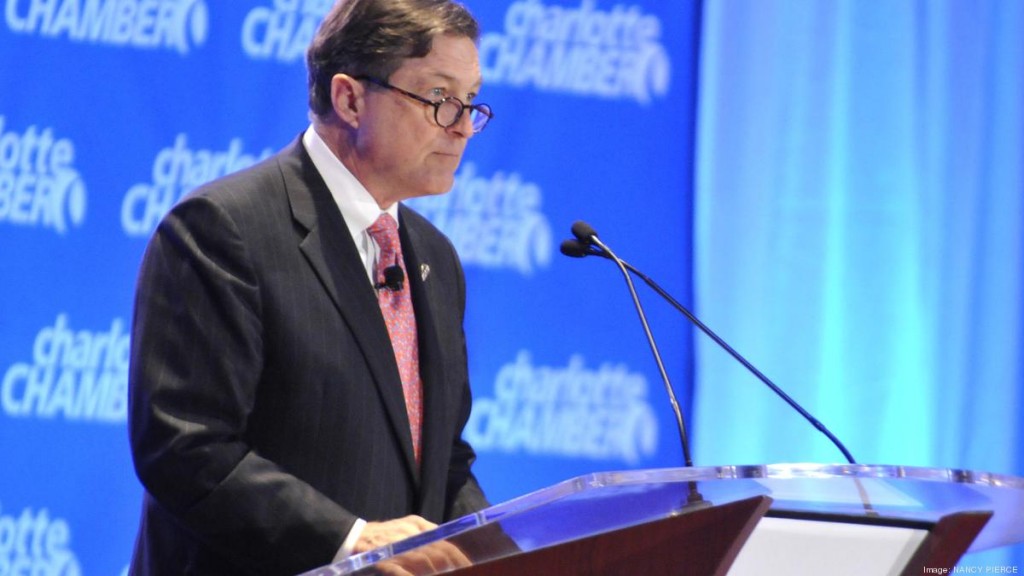 Since the 2007-2009 recession, there have been historically high, long-term unemployment rates throughout the nation. Economists, policymakers, and businesspeople have since been pondering the question: how does the nation work to combat this unemployment? Jeffrey Lacker, President of the Federal Reserve Bank of Richmond, presented the Federal Reserve’s plan of action in a speech at the Lynchburg College School of Business and Economics: invest in early childhood.
Since the 2007-2009 recession, there have been historically high, long-term unemployment rates throughout the nation. Economists, policymakers, and businesspeople have since been pondering the question: how does the nation work to combat this unemployment? Jeffrey Lacker, President of the Federal Reserve Bank of Richmond, presented the Federal Reserve’s plan of action in a speech at the Lynchburg College School of Business and Economics: invest in early childhood.
In early childhood, the "noncognitive skills such as following instructions, patience and work ethic — lay the foundation for mastering more complex cognitive skills and may be just as important a determinant of future labor market success.” Any lapses present in these skills affect adult outcomes and are apparent as early as age 5. This urges workforce development to be invested in early childhood education, because “the earlier workers invest, the longer they have to profit.”
The shift to early childhood education as the solution began with a shift to look at the labor market as a reflection of structural trends, causing researchers to think about preparing workers for the labor market at the individual level. For future generations of workers to have stability and a safety net, workforce development needs to begin as soon as formal schooling begins— treating the solution as a “long-term vaccine” that is generally not afforded to people who treat workforce development “as a cure for short-term shocks.” Ultimately, these investments are responsible for increasing human capital from early care and education to strengthen the nation’s businesses. What do you think about this move in efforts to lower unemployment rates?
To read more of Lacker's speech click HERE.


